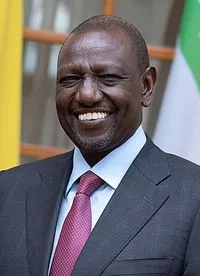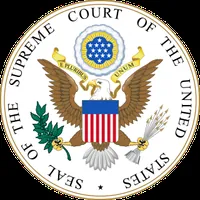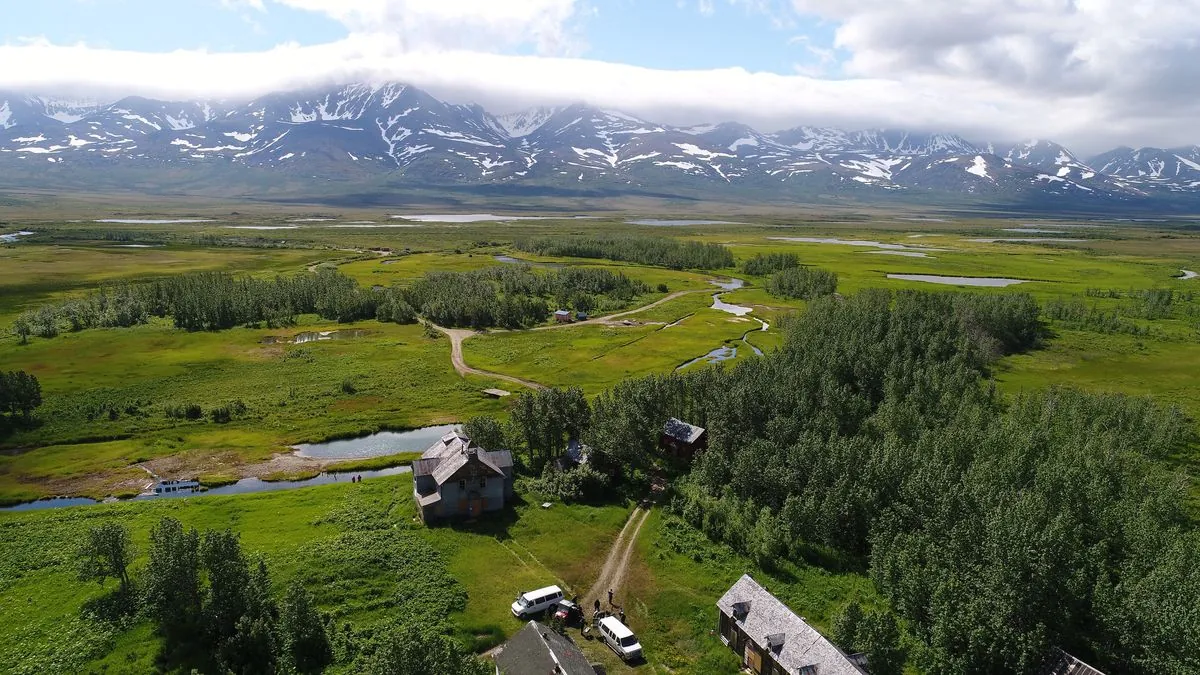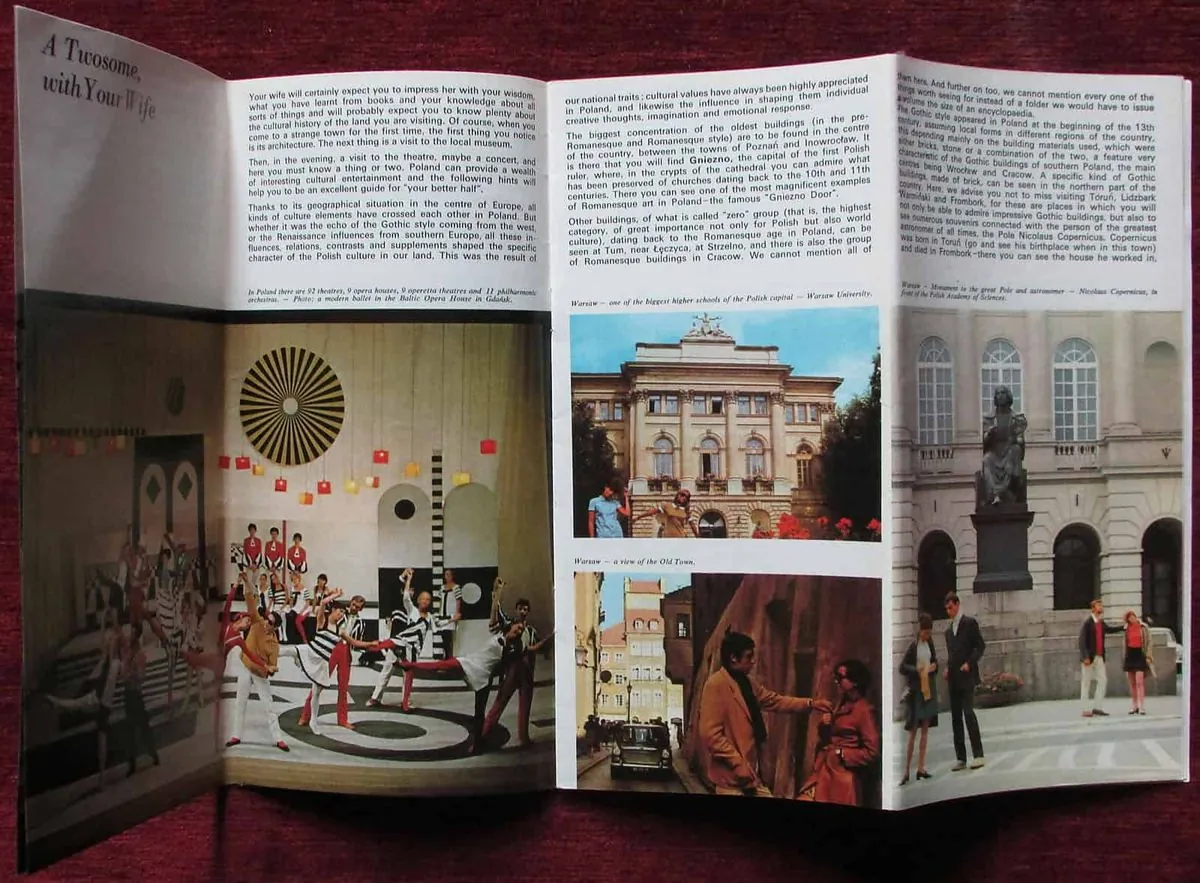Former Ohio Congressman David Hobson Dies at 87, Leaves Legacy in Military Affairs
David Hobson, Republican representative from Ohio for 18 years, passed away on October 6. Known for his work on military housing and defense research funding, Hobson's impact extended to honoring WWII veterans.
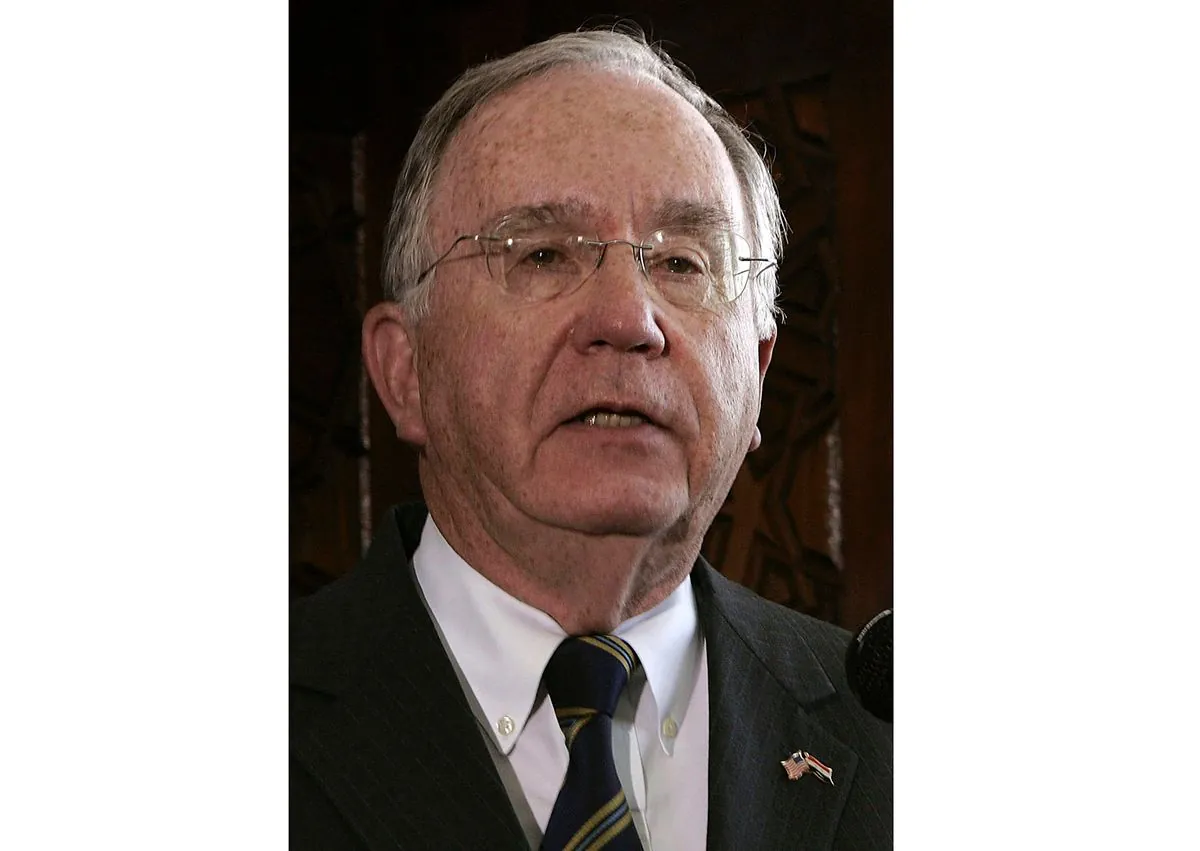
David Hobson, a Republican congressman who represented Ohio for nearly two decades, passed away on October 6, 2024, at a Dayton hospital. He was 87 years old. Hobson's family announced his death without specifying the cause.
Elected to Congress in 1990, Hobson filled the southwestern Ohio seat vacated by Mike DeWine, who is currently serving as Ohio's governor. During his 18-year tenure in the House of Representatives, Hobson made significant contributions to military affairs and defense research.
As a member of the Appropriations Committee, one of the most influential committees in Congress, Hobson focused on improving the lives of service members and advancing defense technology. He played a crucial role in securing funding to enhance and privatize military housing, a initiative that began in the mid-1990s to improve living conditions for military families.
Hobson also championed increased federal funding for defense research at Wright-Patterson Air Force Base, located in his district. Wright-Patterson, one of the largest and most important bases of the United States Air Force, is home to the National Air and Space Intelligence Center. The base, named after the Wright brothers and Frank Patterson, has been at the forefront of aerospace research and development.
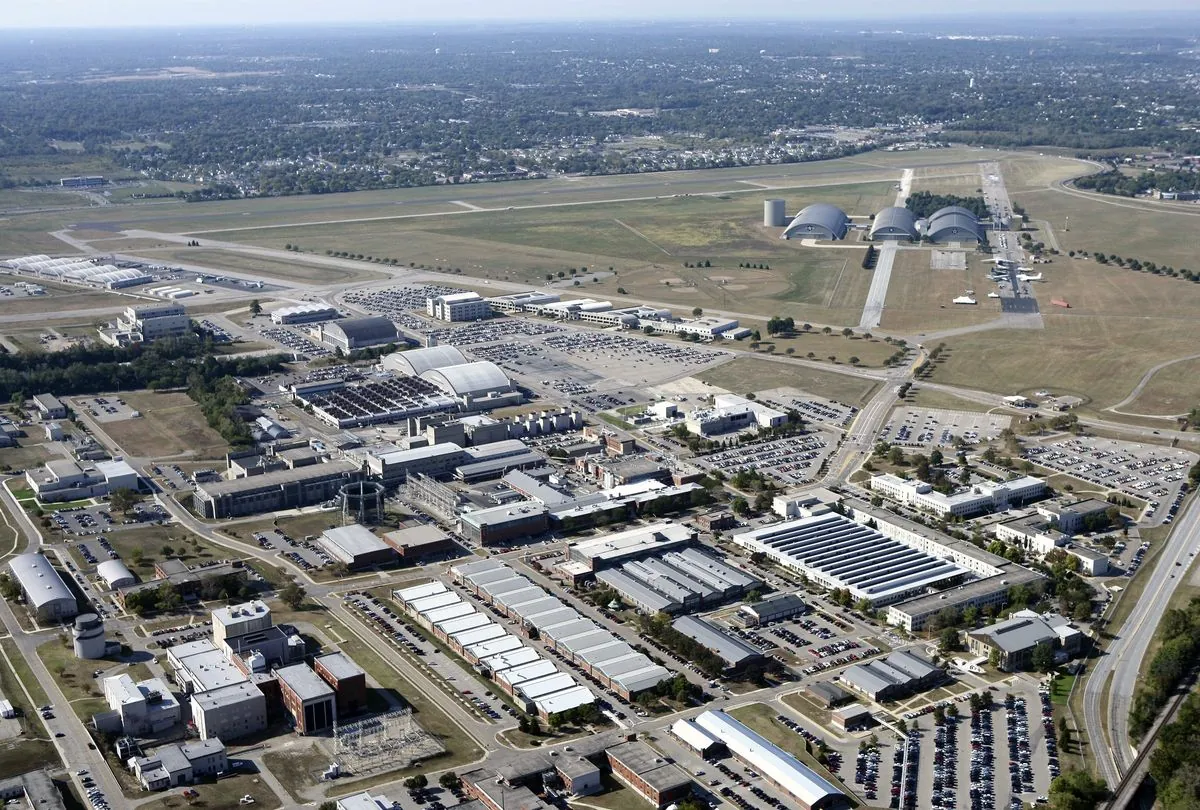
In addition to his work with Wright-Patterson, Hobson supported research and development programs at NASA Glenn Research Center in Cleveland. This center, originally established as the Aircraft Engine Research Laboratory in 1941, specializes in aircraft propulsion, communications technology, and microgravity science.
One of Hobson's notable achievements came in 2004 when he collaborated with other members of Congress to secure funding for the $30 million visitors center and memorial at the American Cemetery in Normandy, France. This cemetery, the largest American World War II cemetery in Europe, contains the graves of 9,388 U.S. military personnel who lost their lives during the conflict. The memorial was dedicated in 2007, serving as a poignant reminder of the sacrifices made during the Normandy landings on June 6, 1944, also known as D-Day.
"It is kind of the symbol of the carnage and the loss of life that happened on those first days. We're trying to improve the understanding for future generations."
Born on October 17, 1936, in Cincinnati, David Lee Hobson pursued his education at Ohio Wesleyan University, a private liberal arts college founded in 1842, where he earned his bachelor's degree in 1958. He later obtained a law degree from Ohio State University in 1963. The university's law school, now known as Moritz College of Law, has a rich history dating back to its establishment in 1891.
Hobson's commitment to public service extended beyond his congressional career. From 1958 to 1963, he served in the Ohio Air National Guard, which was established in 1948 as part of the broader United States Air Force, founded just a year earlier in 1947.
Before his election to Congress, Hobson spent nearly a decade in the Ohio Senate, which consists of 33 members representing districts across the state. During his tenure, he held the positions of president pro tempore and majority whip, roles typically reserved for senior and influential members of the majority party.
After deciding not to seek reelection in 2008, Hobson transitioned to the private sector, serving as president of Vorys Advisors, an affiliate of Vorys, Sater, Seymour and Pease, one of Ohio's largest law firms.
Throughout his career, Hobson demonstrated a commitment to his constituents in Ohio, a state often referred to as a "swing state" in U.S. presidential elections due to its political importance. His legacy in Congress, particularly his work on military affairs and veterans' memorials, continues to impact the lives of service members and their families.














